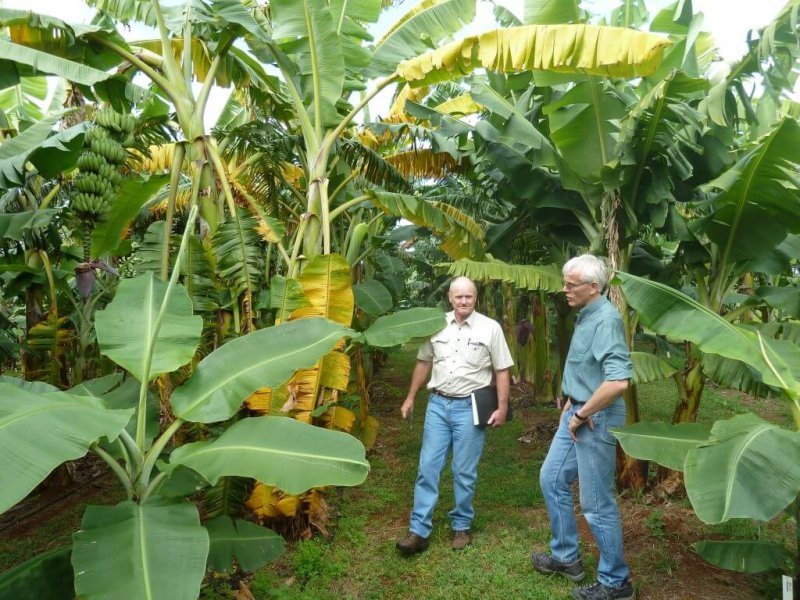Bananas are one of the most important crops in developing countries and their industry is constantly under threat due to diseases such as the Fusarium wilt disease caused by the fungus Fusarium oxysporum f. sp. cubense. The scientists recognize the fact that it is difficult to develop new banana varieties by conventional breeding methods, thus they have turned their attention to genetic engineering for more precision to produce a variety resistant to the disease with the desired agronomic traits of the banana.
In their review, the scientists highlighted the challenge of breeding a Fusarium-resistant banana without affecting the crop’s yield trait, since previous banana varieties resistant to the disease tend to produce less yield as compared to those that are non-resistant. The researcher further explained that using genetic engineering, the genes associated with the Fusarium wilt resistance and the important agronomic traits can easily be identified, assessed, and utilized in target breeding programs.
The scientists concluded that once the banana’s molecular mechanism is understood, genetic engineering can be used to develop elite banana varieties with improved resistance, ideal plant architecture, and high yield trait.































